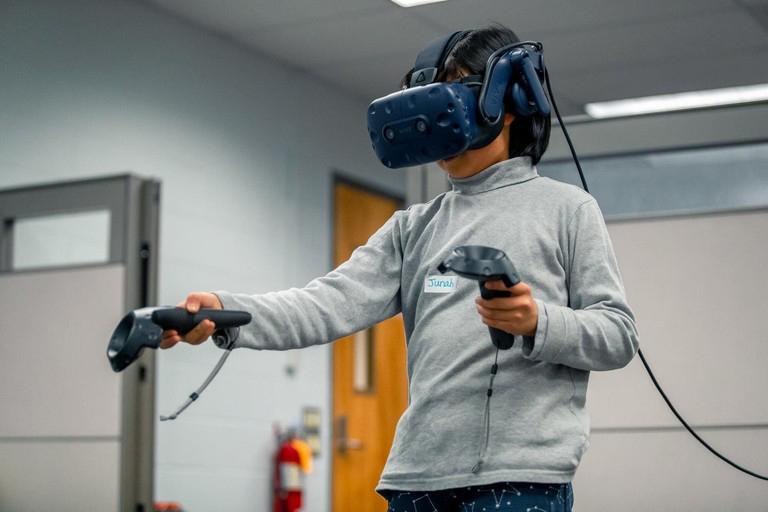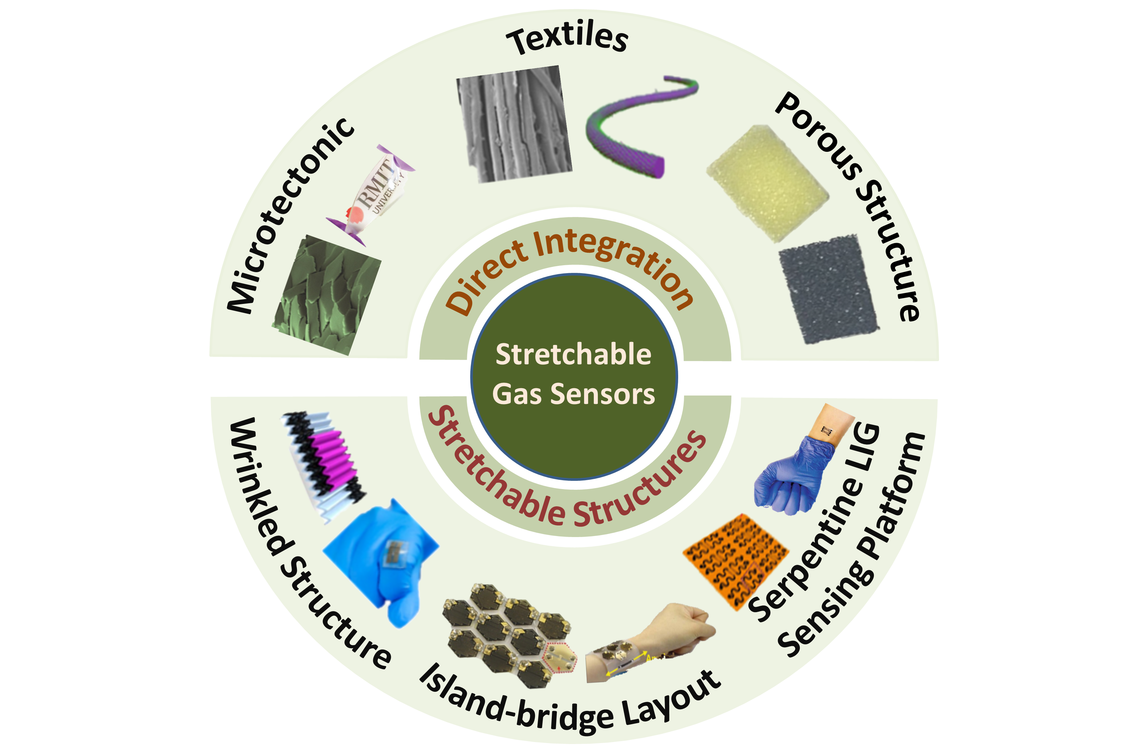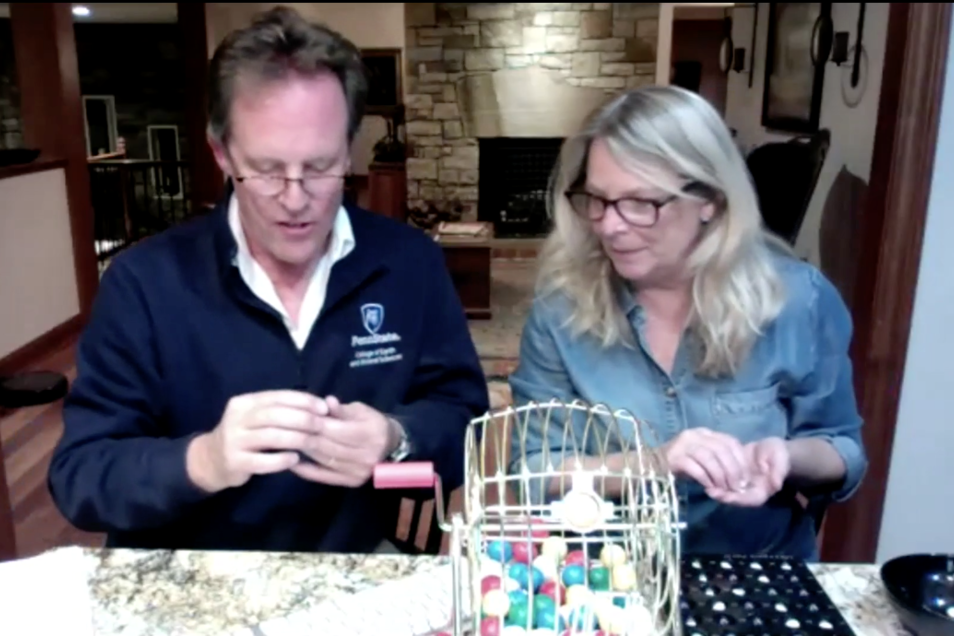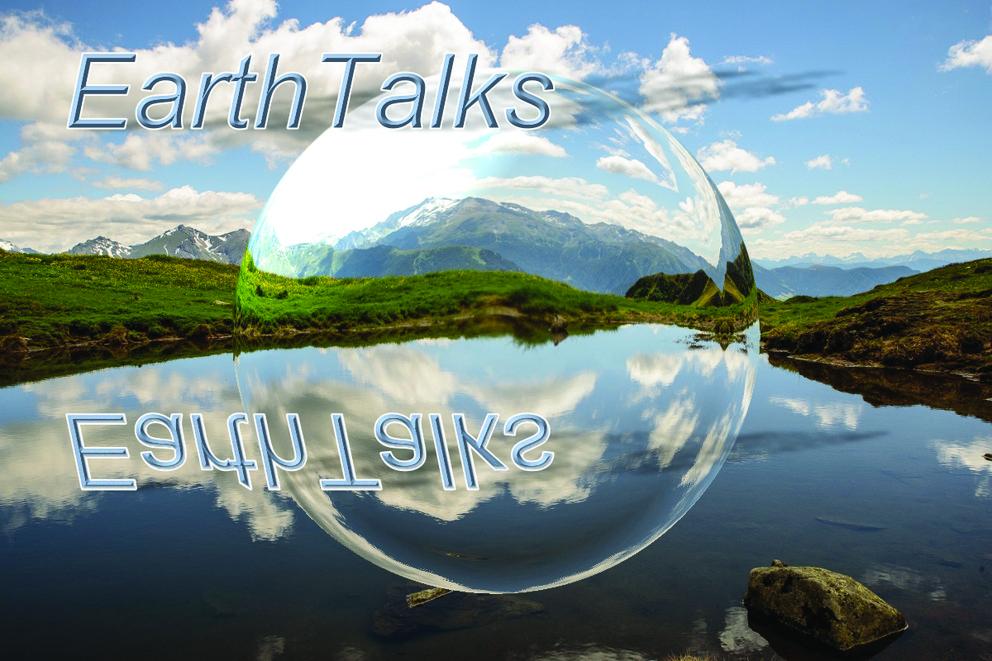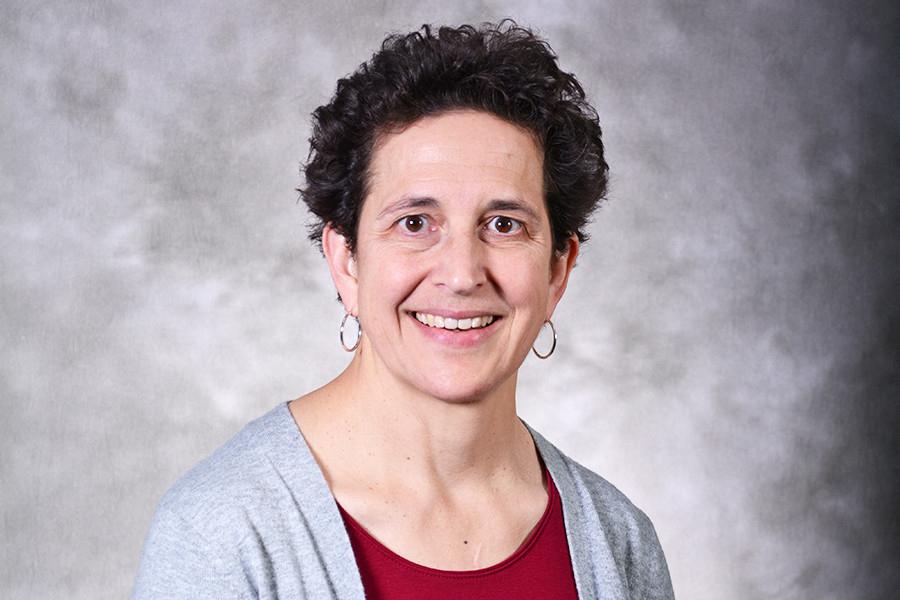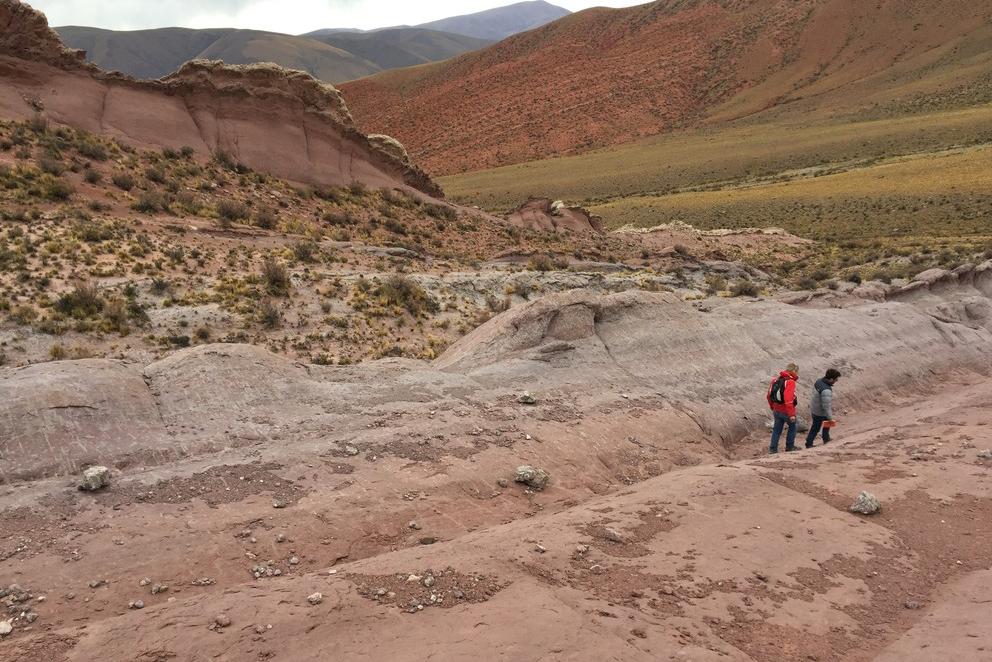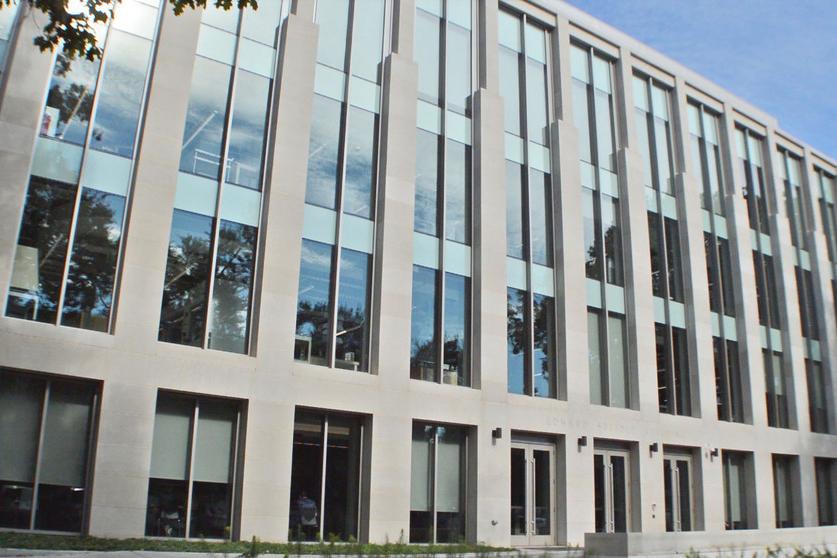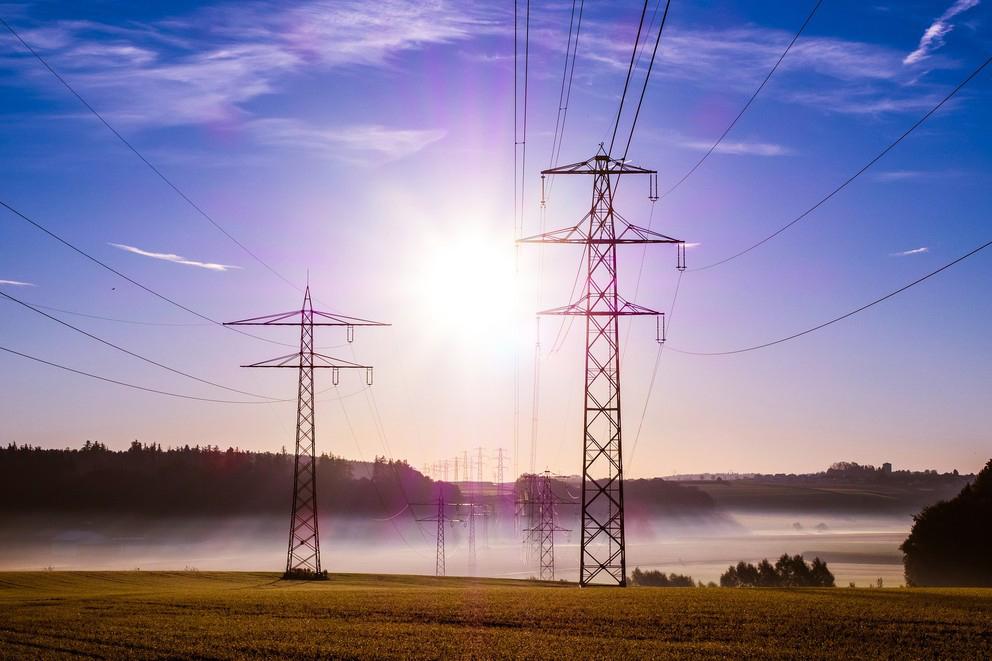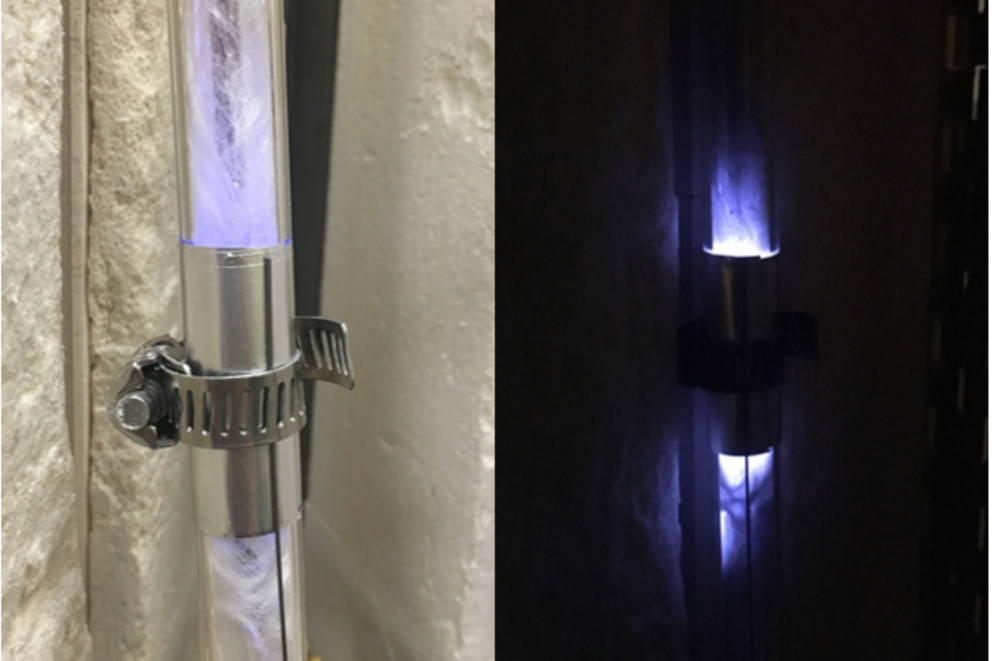For many, seeing is believing. That is what Alex Klippel and his team have been investing in since the creation of the Penn State's Center for Immersive Experiences.
A new understanding of nanomaterials, sensor design and fabrication approaches could help advance stretchable, wearable gas sensors that monitor gaseous biomarkers in humans and toxic gas in an exposed environment, according to Penn State researchers.
B15 … B3 … B11 … I17 … G60 … O62 … 067 … O70 — BINGO!
Danielle M. Conway, dean and Donald J. Farage Professor of Law, Penn State Dickinson Law; and Lee Kump, dean of the College of Earth and Mineral Sciences, will join EarthTalks for a conversation about initiatives to increase diversity among the faculty, staff and students in their respective colleges.
Katherine Freeman, Evan Pugh University Professor of Geosciences at Penn State, has been awarded the 2020 Nemmers Prize in Earth Sciences.
A new paper, published by a team of Penn State researchers in ACS Nano, seeks to further advance photodetectors’ use by integrating the technology with durable Gorilla glass, the material used for smart phone screens that is manufactured by Corning Incorporated.
When the Paleocene ended and the Eocene began nearly 56 million years ago, Earth’s atmospheric carbon dioxide levels ranged between 1,400 and 4,000 parts per million (ppm). These carbon dioxide levels gave rise to sauna-like conditions across the planet, which scientists can now measure using tiny minerals called siderites.
A pair of Penn State materials experts have been selected to present lectures at the American Ceramic Society’s (ACerS) Annual Meeting with Materials Science & Technology to be held virtually Nov. 2-6.
Daniel Walters, assistant professor of law, will discuss Pennsylvania’s journey to joining the Regional Greenhouse Gas Initiative (RGGI), at noon on Friday, Nov. 6.
A single-step, plasma-enhanced catalytic process to convert sulfur dioxide to pure sulfur from tail gas streams may provide a promising, more environmentally-friendly alternative to current multistage thermal, catalytic and absorptive processes, according to scientists at Penn State.


